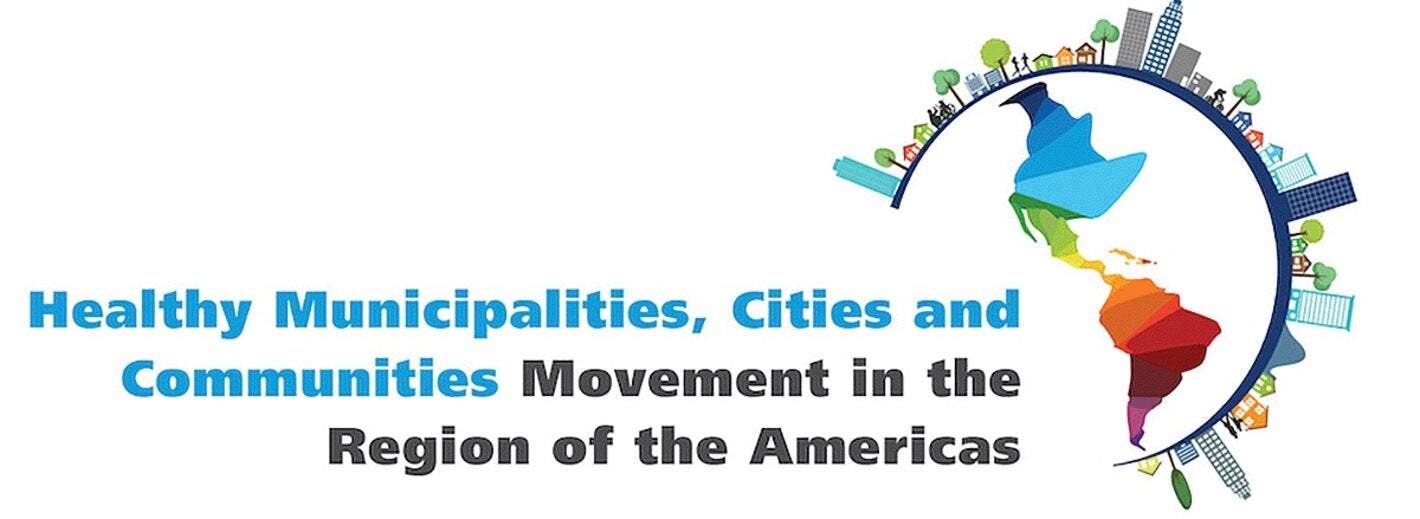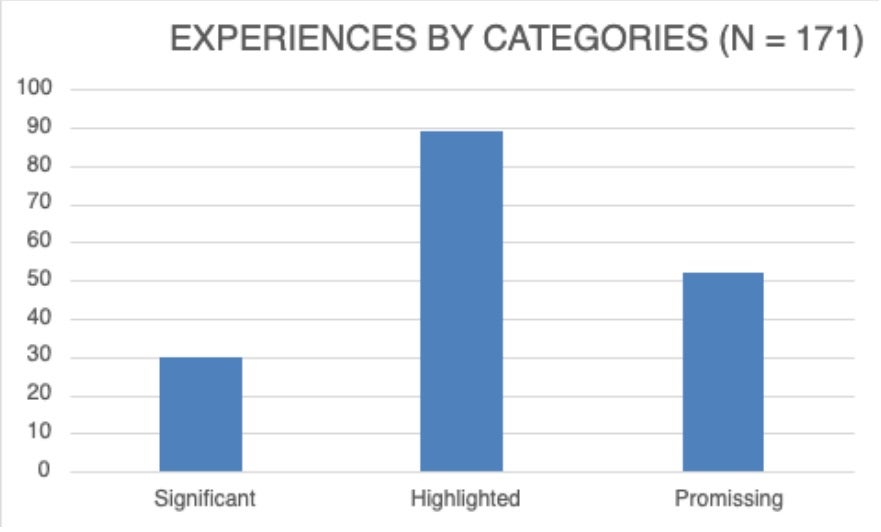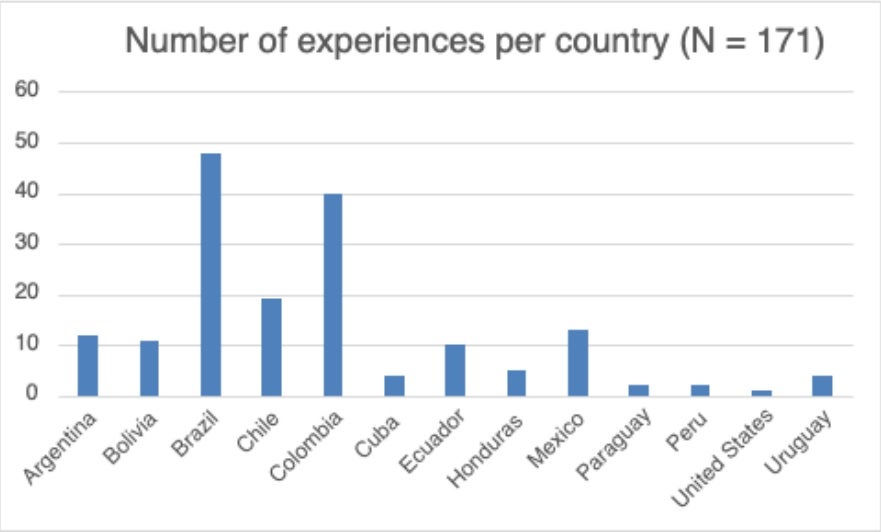
The Call for Significant Experiences of Healthy Municipalities, Cities and Communities (MCCS) launched by PAHO between July and August has received a total of 195 proposals. Of the 30 valued as “significant of MCCS”, those of Santa Lucía (Argentina), Sairé (Brazil), Santander de Quilichao and Pasto (Colombia), Quito (Ecuador) and San José de los Campos Limpios de Tapua (Paraguay) will be presented at the VI Regional Meeting of Mayors for MCCS.
Washington, D.C., October 30, 2023 – The municipalities of Santa Lucía (Argentina), Sairé (Brazil), Santander de Quilichao and Pasto (Colombia), Quito (Ecuador) and San José de los Campos Limpios de Tapua (Paraguay) will present their experiences of Healthy Municipalities, Cities and Communities (MCCS) at the VI Meeting of Mayors for MCCS, which will take place on November 2 and 3 in Huechuraba, Chile.
The goal of the call launched by PAHO in July 2023 was to give visibility and recognize local governance efforts to promote healthier municipalities, cities and communities taking into account key dimensions of health promotion, such as intersectorality, participation community and an equity approach.
Of the 195 experiences received, 171 corresponding to 13 countries in the Region were evaluated for meeting the inclusion criteria established in the call's terms and regulations. Of the total number of proposals assessed, 30 have been considered as “significant MCCS experiences”, 89 as “outstanding” and 32 as “promising”. For more information about the results of this call, you can consult the document Results of the MCCS 2023 call.
By country, Brazil (48 experiences) and Colombia (40) are the ones from which the most proposals have been received, followed by Chile (19 experiences), Mexico (13) and Argentina (12).
Local governments, key
When analyzing the initiatives, the evaluation committee has highlighted that all the experiences received show the key role of local governments in health promotion and the growing interest and commitment of the countries of the Region in working towards this goal.
In the process of evaluating the experiences, the following evaluation criteria were assessed, as established in the terms of the call: health equity, intersectoral action, social participation, monitoring and evaluation, sustainability, replicability and innovation.
Although there are governance elements to continue strengthening to achieve health equity, intersectorality and community participation, many municipalities have made progress in health promotion processes. It is expected that the regional criteria for Healthy Municipalities, Cities and Communities developed through a process of collective construction within the framework of the MCCS Movement that will also be launched at the VI meeting will contribute to this end.
Finally, the value of all the experiences presented in this call is highlighted, since they reinforce the key role of local governments and the commitment of mayors to improve the health and well-being of their populations.





